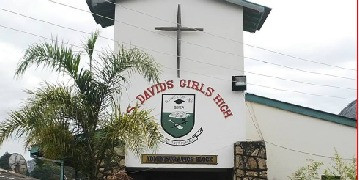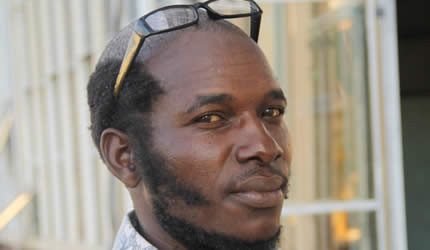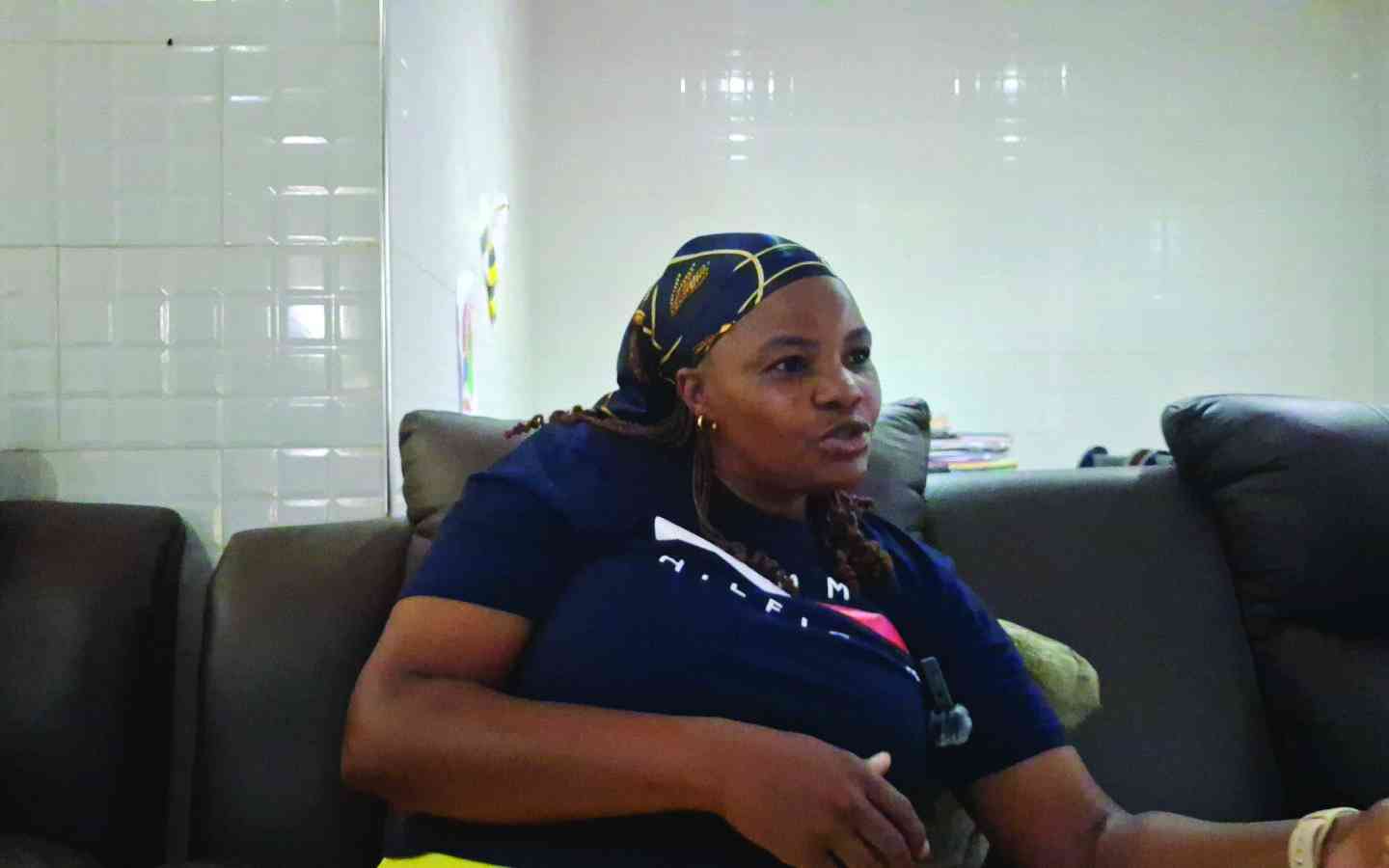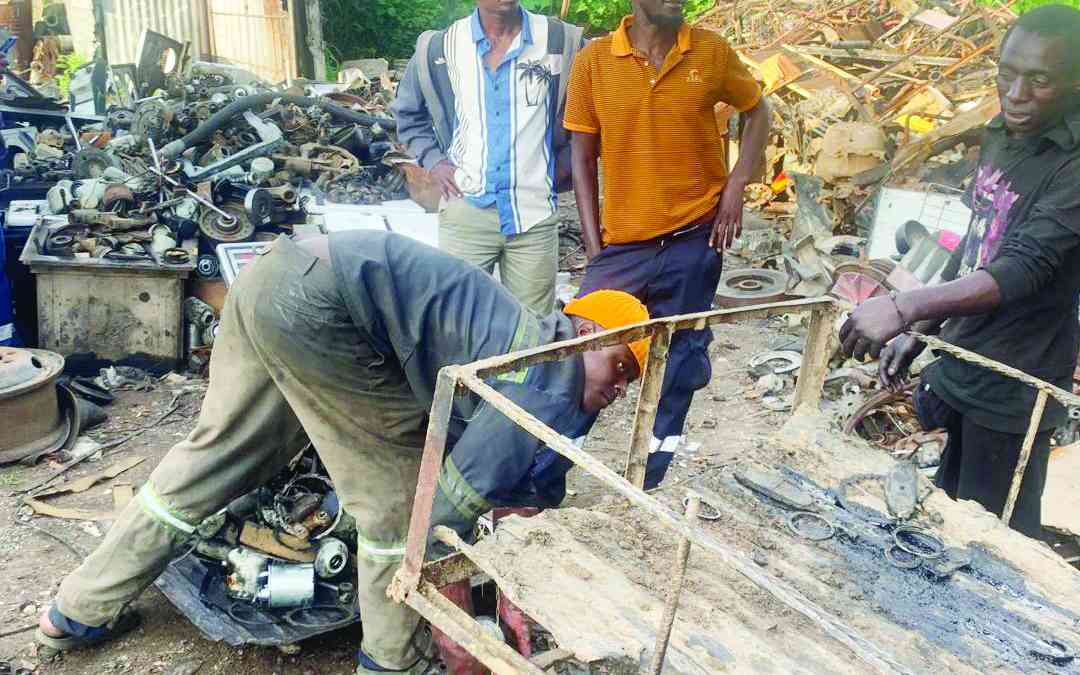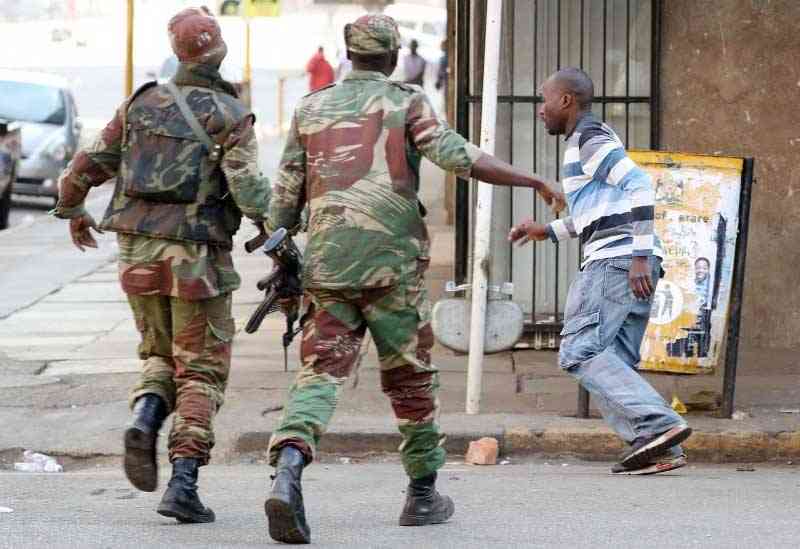
On August 1, 2018, the late Garvin Dean Charles left home to attend to some business in Harare’s central business district (CBD).
His sister, Allison Charles, having heard that there were riots in the capital over delays in announcing presidential election results, warned him to exercise caution.
Scores of civilians who suspected electoral fraud went into Harare’s CBD to protest against the alleged mishandling of the elections by the Zimbabwe Electoral Commission (Zec).
Armed soldiers were deployed into the CBD to put down the protests, and as a result of the indiscriminate shooting by the military, six unarmed civilians lost their lives.
Charles was among the six.
He left behind a daughter who is in high school.
“He was my brother and he was three years younger than me and by the time of his death, he was staying with me,” Allison said.
“I was at work when I heard there was trouble in town so I called him and warned him against going into town since there were riots there, but he assured me that he would be okay.
- Chikosi-Mapepeta joins international vocal coaches
- Upsurge in political violence cases worrying
- Upsurge in political violence cases worrying
- Mr President, you missed the opportunity to be the veritable voice of conscience
Keep Reading
“When I heard that there were shootings I called him and his phone was ringing, but nobody was picking it up and I got worried that something bad could have happened to him.”
She added: “We were told to go home for safety reasons (following the shootings).
“When I got home, messages started coming through on WhatsApp and I saw his picture among those who had been killed and that is how I found out that he was dead.”
On May 11, 2023, Charles would have turned 51, and his family members marked his birthday with grief and sadness.
What pains the family is the lack of will by government to compensate for his death and allow for healing and closure.
“The government has done and said absolutely nothing to us; not even an apology for taking the life of our beloved brother, son and father,” Allison said.
“How can we move on from the pain when they took a life that can never be replaced; the kindest human being I knew?
“We will continue praying for our healing in the hope that someday, it will get better but the government should at least compensate the families of the six people that perished that day.”
In 2018, Allison filed a High Court application seeking compensation, but it was thrown out.
The widow of the late Ishmael Kumire who was a vendor and was shot dead on August 1, 2018 recounts the fateful day with sorrow and sadness.
Like Allison, she continues to cry out for justice, healing and closure.
“Up to now I am still in shock and sometimes I think that one day he will come back home,” Mrs Kumire said.
“I cannot live with this harsh reality that he is gone and I have to cater for the family on my own.
“I always pray that one day, I will be able to heal from this horrendous experience.”
An estimated 35 people were injured during the army crackdown on August 1, 2018.
State security agents also launched a crackdown on opposition and civil society activists in the aftermath of the events of August 1, 2018.
Following an international outcry, President Emmerson Mnangagwa set up a commission of inquiry to investigate events leading to the August 1 shootings.
Former South African president Kgalema Motlanthe chaired the commission.
The commission recommended the compensation of the victims, and to ensure that those responsible for the army killings are brought to book.
Implementing electoral reforms, nation building, reconciliation and political tolerance and the use of the military as a last resort formed part of the recommendations of the commission.
Mnangagwa has, however, come under fire for lacking political will to implement the recommendations almost five years later.
The Crisis in Zimbabwe Coalition (CiCZ) has made several advocacy initiatives at the local and regional levels to push for the implementation of the recommendations.
“However, it is quite apparent that the government of Zimbabwe is adamant in as far as ensuring compensation for victims, national healing and reconciliation and ensuring that those behind the August 1 shootings are brought to book,” CiZC said in an emailed response to The Standard.
“There is no public record of internal disciplinary proceedings of the military personnel responsible for the death of the six unarmed civilians.”
According to CiZC, failure to implement necessary electoral reforms will lead to a continued cycle of disputed elections and political violence.
“Given successive disputed elections in Zimbabwe and electoral violence, implementation of agreed electoral reforms is imperative,” CiCZ said.
“Administrative and legal electoral reforms such as improving transparency in the result management system, enhancing the independence of the Zimbabwe Electoral Commission including allowing Diaspora vote and media reforms are fundamental to breaking the cycle of disputed elections in Zimbabwe.”
On national dialogue, CiZC dismissed the Political Actors Dialogue (Polad) as a farce.
Mnangagwa established Polad after the 2018 elections where he regularly meets losing presidential candidates of the disputed election.
Citizens Coalition for Change (CCC) leader Nelson Chamisa has refused to join Polad, dismissing it as a Zanu PF platform.
“We maintain that in as far as inclusive national dialogue is concerned, the Polad platform has not yielded any meaningful outcomes since it was instituted in 2019,” said CiZC.
The Zimbabwe Lawyers for Human Rights (ZLHR) has since sued government on behalf of the victims for failing to compensate them as recommended by the Motlanthe Commission.
Zimbabwe Human Rights NGO Forum programmes coordinator Wilbert Mandinde implored government to show sincerity and compensate the victims.
Mandinde explained: “Around 2020 the government through the permanent secretary in the Ministry of Justice, Virginia Mabhiza issued a statement to the effect that the government had fully complied with the recommendations of the Motlanthe Commission.
“Zimbabwe Human Rights NGO Forum got instructions from one of the victims of the 1 August 2018 shootings who said he had not been compensated.
“We went to court to challenge this announcement by the government.
“The government in its response said the victims had not approached the department of social welfare but compensation in our opinion was not supposed to come in as a social welfare case.
“People who were critically injured in August 2018 deserve to be compensated for their injuries, medical expenses among other things and the government cannot take this to be a welfare case.”
Justice minister Ziyambi Ziyambi refused to comment on the matter saying it was before the courts.
Ziyambi chaired the inter-ministerial taskforce on the implementation of the Motlanthe Commission of Inquiry recommendations.
Mabhiza said she was now tired of being asked on the issue of compensation.
"We are tired of being asked about the same issue by the same people every day,” she said.
“However, there is this guy who came to our offices claiming to be shot during the 1 August incident and he got medical assistance.
“Again, we managed to transfer some kids who came looking for assistance in the form of school fees to the social welfare and some got assistance from the civil society organisations as wel.”
Zimbabwe is expected to hold harmonised elections in August where Mnangagwa will be seeking a second full term.
The 80-year-old ruler will once again square off against CCC leader Nelson Chamisa (45) whom he narrowly beat in the disputed 2018 polls.

